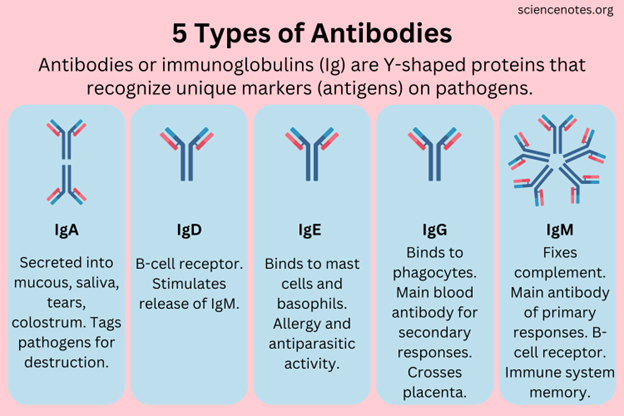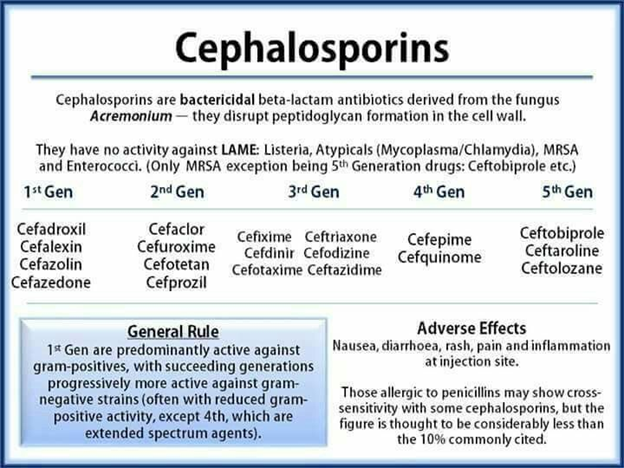When administering "azole" antifungals (such as fluconazole) orally for a prolonged period of time it is most important to monitor which function?
Respiratory
Cardiac
Renal
Liver
The Correct Answer is D
A. Respiratory Function: Monitoring respiratory function is important for conditions like asthma or chronic obstructive pulmonary disease (COPD). It involves assessing lung sounds, oxygen saturation levels, and breathing patterns. This monitoring is essential to detect any signs of respiratory distress.
B. Cardiac Function: Monitoring cardiac function includes assessing heart rate, blood pressure, and rhythm. It's crucial for patients with heart conditions like heart failure or arrhythmias. This monitoring helps in identifying irregularities in heart function and provides insights into the overall cardiovascular health of the patient.
C. Renal Function: Monitoring renal function involves assessing kidney health, which includes tests like serum creatinine and glomerular filtration rate (GFR). This is vital for patients with kidney diseases or those taking medications that can impact kidney function. Monitoring renal function helps in detecting any signs of kidney impairment or failure.
D. Liver Function: Monitoring liver function involves tests like liver enzymes (AST, ALT), bilirubin levels, and albumin levels. This is essential for patients taking medications that can affect the liver, such as certain antifungals, statins, or pain relievers. Monitoring liver function helps in identifying liver damage or dysfunction early on.
Nursing Test Bank
Naxlex Comprehensive Predictor Exams
Related Questions
Correct Answer is A
Explanation
A. IgG: Immunoglobulin G (IgG) is the most abundant antibody in the bloodstream and represents about 75% of all the antibodies in the body. It provides long-term immunity because it can persist in the bloodstream for a long time. IgG antibodies are involved in secondary immune responses and are capable of crossing the placenta, providing passive immunity to newborns.
B. IgE: Immunoglobulin E (IgE) is associated mainly with allergic reactions. When the body is exposed to an allergen, it triggers the release of IgE, leading to the symptoms of an allergic response, such as sneezing or itching.
C. IgM: Immunoglobulin M (IgM) is the largest antibody and is usually the first antibody produced during an initial exposure to an antigen. It is particularly effective at agglutination (clumping together) of pathogens.
D. IgA: Immunoglobulin A (IgA) is found in high concentrations in mucous membranes, particularly those lining the respiratory passages and gastrointestinal tract. It provides localized defense against pathogens. IgA antibodies are also found in saliva, tears, and breast milk, providing immunity to infants.

Correct Answer is A
Explanation
A. Ceftaroline (Teflaro) is a fifth-generation cephalosporin antibiotic that is effective against MRSA (Methicillin-Resistant Staphylococcus Aureus). It's the first cephalosporin in its class with this capability, making it a valuable choice in treating MRSA infections.
B. Cefepime (Maxipime) is a fourth-generation cephalosporin that does not have specific activity against MRSA.
C. Ceftriaxone (Rocephin) is a third-generation cephalosporin, effective against a wide range of bacteria, but not specifically targeted at MRSA.
D. Cephalexin (Keflex) is a first-generation cephalosporin, primarily effective against Gram-positive bacteria, but not effective against MRSA.

Whether you are a student looking to ace your exams or a practicing nurse seeking to enhance your expertise , our nursing education contents will empower you with the confidence and competence to make a difference in the lives of patients and become a respected leader in the healthcare field.
Visit Naxlex, invest in your future and unlock endless possibilities with our unparalleled nursing education contents today
Report Wrong Answer on the Current Question
Do you disagree with the answer? If yes, what is your expected answer? Explain.
Kindly be descriptive with the issue you are facing.
